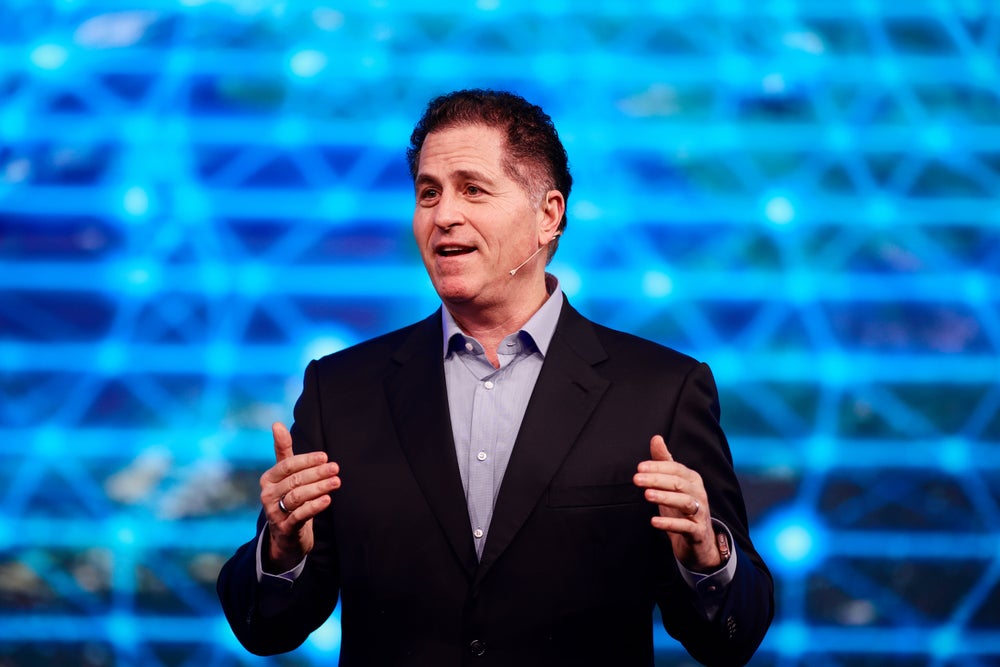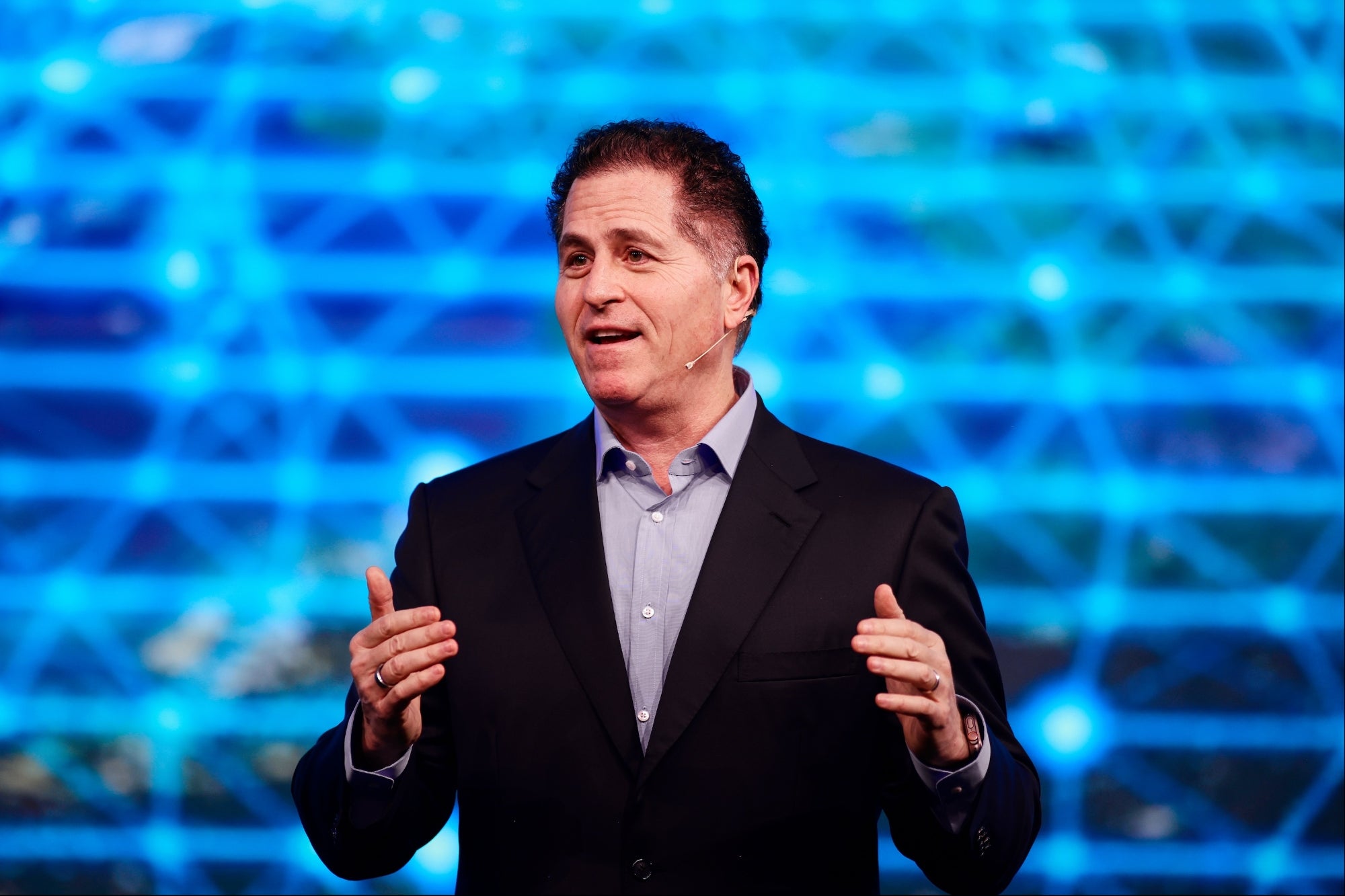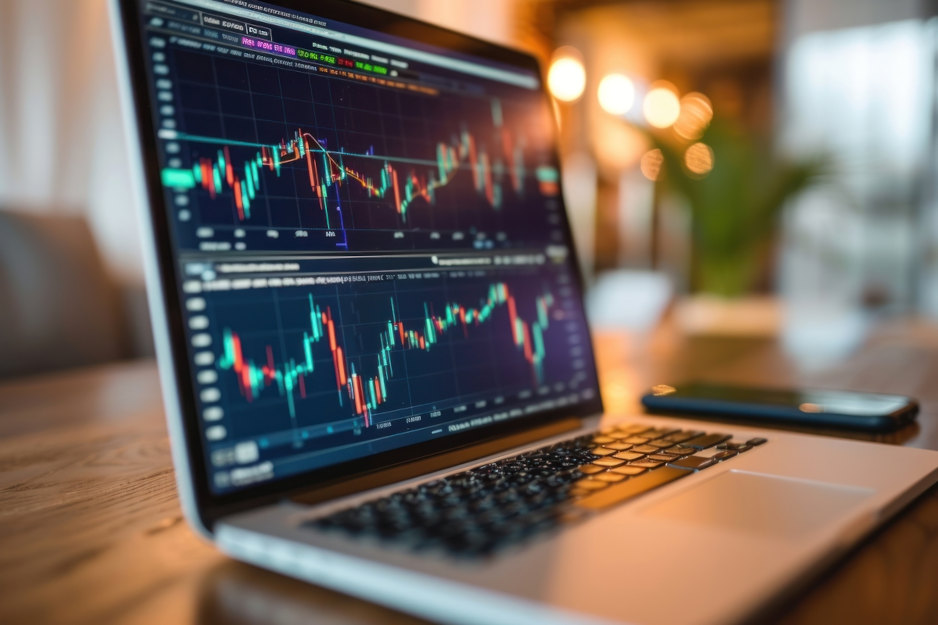Why Michael Dell Urges You to Create a Crisis—Even When Everything Seems Fine (And How It Could Skyrocket Your Success)
Ever wonder why some leaders seem to thrive when the heat is on, while others crumble at the first sign of trouble? Michael Dell, the mastermind behind Dell Technologies, throws down a radical idea: if you don’t have a crisis, you better cook one up—because nothing lights a fire under a team quite like a ticking clock. It’s not just about drama for drama’s sake; Dell believes that a little crisis is the secret sauce to unlocking excitement, motivation, and the kind of change that keeps a business from becoming yesterday’s news. With a career marked by weathering storms—from the dot-com bust to failed smartphone ventures—and now riding the new wave of AI innovation, Dell’s philosophy isn’t just talk. It’s a survival tactic in a world where your next competitor is always lurking, ready to snatch your lunch if you sit still for a moment too long. So, can you afford not to stir the pot a bit? Let’s dive into how creating a crisis could be the smartest move you never saw coming. LEARN MORE
Key Takeaways
- Michael Dell, founder and CEO of Dell Technologies, says that leaders should always act like there’s a crisis — and if there isn’t a crisis, start one.
- Dell says that creating a crisis results in “excited” and “motivated” employees.
- Dell, 60, was named as a potential investor in TikTok by President Donald Trump last month.
Michael Dell, the founder, chairman and CEO of Dell Technologies, says leaders should always act like there’s a crisis because he thinks employees are most productive under pressure. So if there isn’t a crisis, start one.
“I believe in this idea that if you don’t have a crisis, make one to get people excited, motivated, and to drive the necessary change,” Dell said on an episode of the “Founders” podcast earlier this week.
Dell, 60, who last month was named as a potential investor in TikTok by President Donald Trump, says that creating a crisis is as simple as reminding employees that their next competitor is around the corner.
Related: Dell Defends Itself After Being Questioned About Imitating Apple
He gave an example where he stood up and told his company that five years from now, they would face a hypothetical new competitor that was faster, more efficient, and more capable — and this rival would put their company out of business.
“The only way that we’re going to prevent that is we are going to become that company,” Dell said on the podcast. “It’s gutwrenching stuff to reinvent and reimagine your business. But if you don’t do it, you go out of business.”
Dell Technologies has weathered many crises in its four decades in business. When the dot-com bubble burst in the early 2000s, it led to a collapse in tech markets, which hurt the company’s stock price and sales, undercutting its growth. The rise of new computing forms, like smartphones and tablets, challenged the company to try in these markets, with attempts like the 2010 Venue smartphone failing to gain traction. Dell Technologies discontinued the Venue line in 2012 and does not currently make phones or tablets.

But the company is seeing success with its latest reinvention into AI. Dell said on the podcast that when ChatGPT launched in November 2022, he knew immediately that it was “a big, big deal” that would prompt his company to “totally reset” how it thought about providing technology products and services. If Dell Technologies kept doing what it was doing before, it would be “in serious trouble” when some new competitor came along with new tools and new ways of doing things, Dell explained.
Dell Technologies is seeing heightened external demand for its AI servers, with clients including Elon Musk’s xAI, according to Tom’s Hardware. The company announced earlier this month that it has already shipped several billion dollars worth of AI servers and expects that figure to reach an annualized run-rate, or future annual revenue, of $20 billion by 2026.
Related: Dell’s Sudden 5-Day Return-to-Office Order Leaves Parents Scrambling to Find Childcare
Dell clarified that the problem was not about using new technology — it was about motivating people to change the way they work after decades of doing things the same way.
“People don’t like to change,” Dell said on the podcast. “But you have to. And so that’s what we’ve been doing.”
One change that the company implemented was mandating that employees be back in the office five days a week starting in March, a difference from the previous hybrid schedule.
Earlier this year, Dell Technologies also invited its 108,000-person workforce to share ideas for using AI internally. Employees submitted over 800 suggestions, which the company then prioritized into key projects.
Some initiatives that arose from employee suggestions included AI assistants for tech support, which reduced case closure time by 10%, AI coding tools to help the 20,000 engineers at the company become more productive, and AI search tools so that sales teams could more easily prepare for customer pitches.
Related: Gen Z Is Helping Older Colleagues Learn How to Use AI at Work, According to a New Survey
Key Takeaways
- Michael Dell, founder and CEO of Dell Technologies, says that leaders should always act like there’s a crisis — and if there isn’t a crisis, start one.
- Dell says that creating a crisis results in “excited” and “motivated” employees.
- Dell, 60, was named as a potential investor in TikTok by President Donald Trump last month.
Michael Dell, the founder, chairman and CEO of Dell Technologies, says leaders should always act like there’s a crisis because he thinks employees are most productive under pressure. So if there isn’t a crisis, start one.
“I believe in this idea that if you don’t have a crisis, make one to get people excited, motivated, and to drive the necessary change,” Dell said on an episode of the “Founders” podcast earlier this week.
Dell, 60, who last month was named as a potential investor in TikTok by President Donald Trump, says that creating a crisis is as simple as reminding employees that their next competitor is around the corner.
The rest of this article is locked.
Join Entrepreneur+ today for access.




















Post Comment